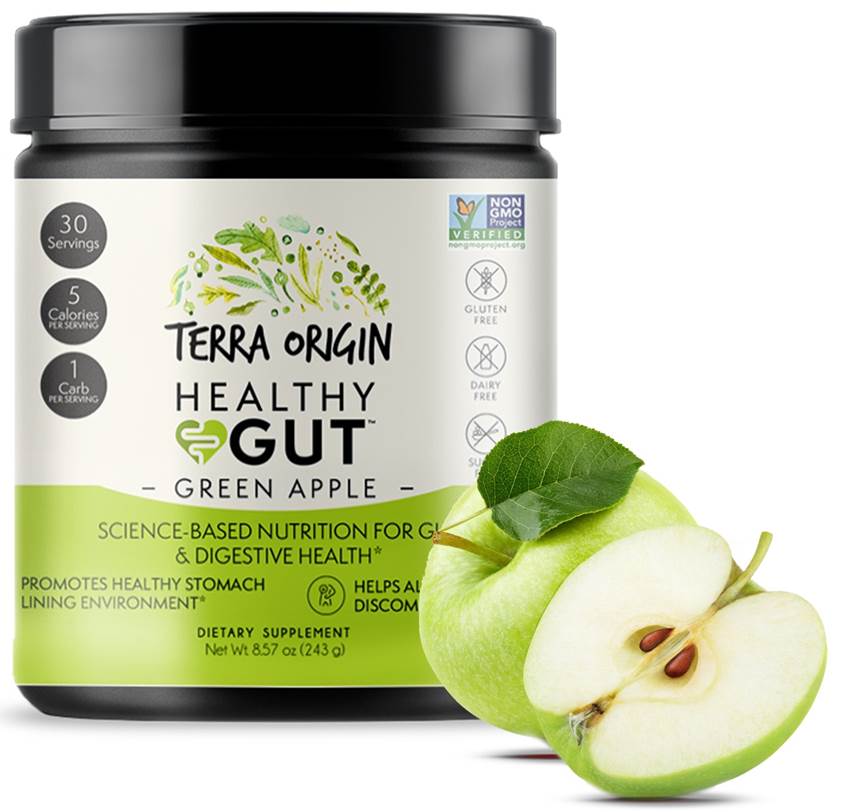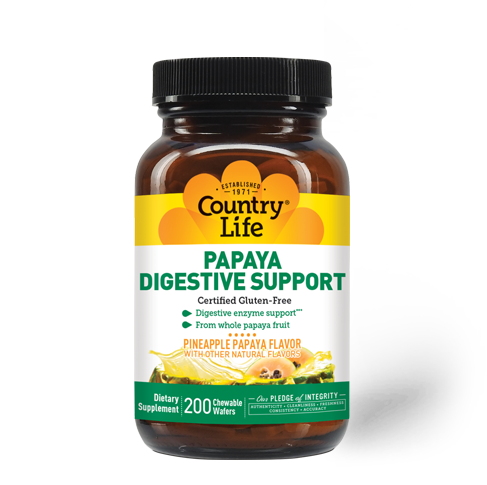Discover the Key to Digestion and Resistance With Digestive Tract Health Assistance

Understanding Gut Wellness
Comprehending gut wellness is critical for general well-being, as it plays a significant role in food digestion, immunity, and also mental health and wellness. The gut, consisting of the gastrointestinal system, is accountable for damaging down food, absorbing nutrients, and expelling waste. A balanced digestive tract environment makes sure effective food digestion, enabling the body to utilize nutrients properly.
Furthermore, intestine health and wellness considerably influences the body immune system. The gut houses a considerable portion of the body's immune cells, and a healthy and balanced digestive tract can aid fend off microorganisms and lower inflammation. Disruptions in intestine health and wellness can bring about an overactive immune action, possibly contributing to autoimmune conditions and allergies.
Additionally, the gut is frequently described as the "2nd brain" because of the gut-brain axis, a complex communication network connecting the mind and the digestive tract. This connection influences mood, cognition, and emotional wellness. Issues such as dysbiosis, characterized by an imbalance in gut bacteria, have been related to psychological wellness conditions, consisting of anxiety and anxiety.
The Digestive Tract Microbiome Explained

The intestine microbiome, a varied community of microorganisms residing in the gastrointestinal tract, plays a crucial duty in preserving digestive health and wellness and overall well-being. Consisting of trillions of germs, infections, fungi, and various other germs, this complex environment aids in the food digestion of food, the synthesis of important nutrients, and the policy of metabolic procedures.
Each individual's gut microbiome is unique, influenced by aspects such as diet, lifestyle, genetics, and ecological direct exposures. A balanced microbiome sustains optimal food digestion by damaging down complex carbs, creating short-chain fats, and helping with the absorption of nutrients. On the other hand, an inequality, frequently referred to as dysbiosis, can bring about gastrointestinal disorders, consisting of cranky bowel disorder (IBS) and inflammatory digestive tract illness (IBD)
Research has demonstrated that a varied microbiome is connected with much better health end results, emphasizing the value of dietary choices in nurturing these microorganisms. Foods rich in fiber, probiotics, and prebiotics, such as fruits, vegetables, and fermented items, can advertise a healthy microbiome. Recognizing the digestive tract microbiome is vital for establishing targeted treatments targeted at enhancing digestive health and avoiding gastrointestinal diseases.

Link Between Digestion and Resistance
A robust connection exists between digestion and immunity, highlighting the critical function of the digestive tract in preserving overall health and wellness. The stomach system is home to trillions of microbes that create the gut microbiome, which dramatically influences both immune actions and gastrointestinal processes. This complicated ecological community help in damaging down food, soaking up nutrients, and supplying essential metabolites that support immune function.
When food digestion is reliable, the digestive tract obstacle continues to be undamaged, avoiding dangerous pathogens from getting in the blood stream. Around 70% of the immune system resides in the gut-associated lymphoid cells (GALT), which interacts closely with the gut microbiome.
Tips for Supporting Digestive Tract Health And Wellness
Supporting intestine health is essential for preserving both digestive efficiency and a well-functioning body immune system. To cultivate optimum intestine health, think about including several functional strategies right into your day-to-day regimen.
First, focus on hydration. Consuming adequate water supports digestion and aids maintain the mucosal lining of the intestines. Additionally, regular physical activity can boost gut mobility and advertise a varied microbiome.
Conscious eating practices are also essential. Chewing food extensively and consuming gradually can help food digestion and avoid over-eating, which might worry the digestive tract. Managing anxiety through strategies such as reflection, yoga, or deep-breathing workouts can favorably affect gut wellness, as stress is recognized to disrupt digestion processes.
Including prebiotics and probiotics right into your regimen is an additional reliable approach. While particular foods will certainly be talked about later, recognizing the importance of these parts is essential. Prebiotics serve as food for beneficial official source digestive tract germs, while probiotics present real-time valuable organisms.
Finally, stay clear of excessive usage of anti-biotics, as they can interfere with the balance of intestine plants. By complying with these pointers, you can considerably contribute to the upkeep of a healthy digestive tract, which is vital for general health and vigor.
Foods That Promote Intestine Health

Fermented foods, such as yogurt, kefir, sauerkraut, and kimchi, are rich in probiotics, which are advantageous bacteria that support intestine vegetations and enhance digestion. These foods can aid recover equilibrium in the gut, particularly after antibiotic usage or digestion disturbances.
Along with fermented options, prebiotic foods, such as garlic, onions, asparagus, and bananas, work as sustenance for these probiotics, advertising their growth and task. These soluble fibers sustain gut motility and can alleviate issues like irregular bowel movements.
In addition, including high-fiber foods, consisting of whole grains, fruits, veggies, and beans, is vital for maintaining a healthy digestive tract. Fiber help in normal digestive tract motions and aids protect against gastrointestinal problems.
Lastly, omega-3 fatty acids found in fatty fish, flaxseeds, and walnuts have anti-inflammatory buildings that can additionally sustain intestine health. Stressing these foods in your diet plan can lead to a durable digestive system and boosted immune feature.
Final Thought
Finally, prioritizing intestine health is vital for enhancing food digestion and boosting resistance. A balanced digestive tract microbiome, affected by dietary choices and lifestyle variables, plays a crucial function in nutrient absorption and inflammation reduction. Incorporating fermented foods, prebiotics, and high-fiber options, along with appropriate hydration web and stress monitoring, can dramatically promote intestine wellness. By taking on these approaches, individuals can sustain general wellness and vitality, opening the potential benefits of a well-functioning intestinal system.
Comprehending digestive tract health is important for total health, as it plays a considerable function in digestion, immunity, and even mental health. The gut houses a considerable portion of the body's immune cells, next page and a healthy and balanced intestine can assist fend off virus and reduce inflammation.Furthermore, the digestive tract is typically referred to as the "second brain" due to the gut-brain axis, a complex interaction network connecting the mind and the intestine.A durable connection exists between food digestion and resistance, highlighting the critical function of the gut in maintaining overall health and wellness.In conclusion, focusing on intestine health and wellness is essential for maximizing digestion and improving resistance.